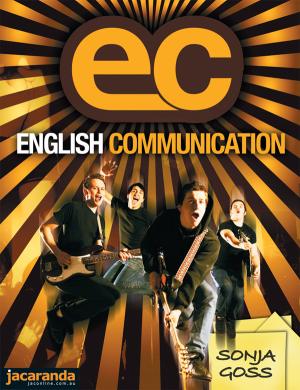
5 Ways to Ace a Job Interview - from TeensHealth
Teen Job Interview Tips - from snagajob
 English Interactions 3
by
English Interactions 3
by
 English Elements 4: For the National Profiles & the Curriculum and Standard Framework
by
English Elements 4: For the National Profiles & the Curriculum and Standard Framework
by
 English Communication
by
English Communication
by
 At Work
by
At Work
by




The National Employment Standards (NES) are 10 minimum employment entitlements that have to be provided to all employees.
The national minimum wage and the NES make up the minimum entitlements for employees in Australia. An award, employment contract, enterprise agreement or other registered agreement can't provide for conditions that are less than the national minimum wage or the NES. They can’t exclude the NES.
The NES are set out in the Fair Work Act 2009.
Resume Tips for High School Students - from Snagajob
Resume Action Words - from Read Write Think
 The Changing Workplace
The Changing Workplace